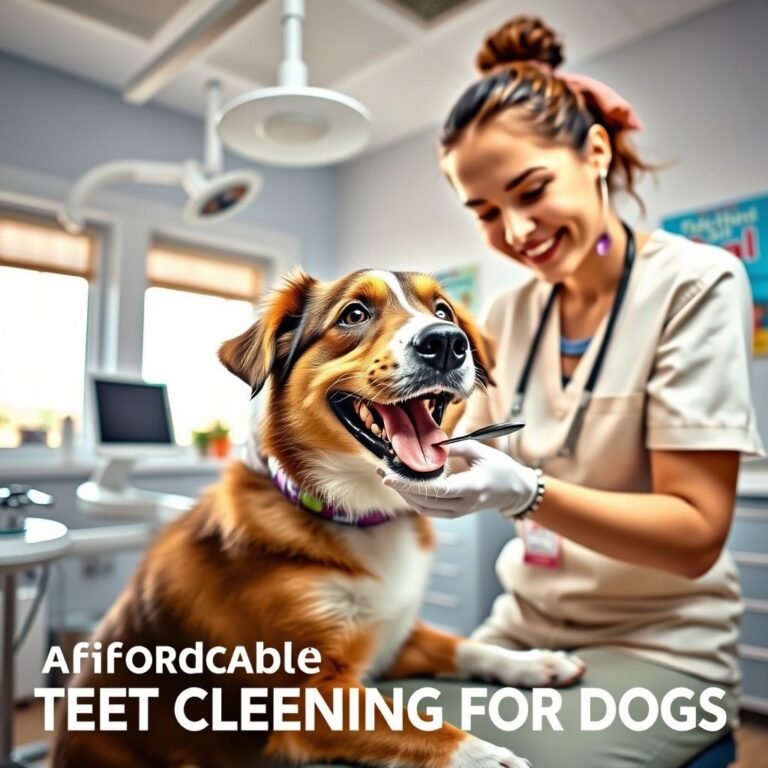The Comprehensive Guide to Dog Canine Tooth Crown Cost
Maintaining the dental health of dogs is paramount for their overall well-being and longevity. One of the critical aspects of dental care in dogs involves dealing with damaged or broken teeth, particularly the canines. Canine teeth are essential for dogs as they are used for gripping and tearing food, playing, and even as a defense mechanism. When these teeth are damaged, they can cause severe pain and health issues. One effective solution to restore the functionality and aesthetics of damaged canine teeth is through the application of dental crowns. In this comprehensive guide, we delve into the Dog Canine Tooth Crown Cost, factors influencing the price, the procedure involved, and much more.

Why Canine Tooth Crowns for Dogs?
Importance of Canine Teeth
Canine teeth in dogs play a vital role in their daily activities. These teeth are not only crucial for eating but also for maintaining proper jaw alignment and overall oral health. When a canine tooth is damaged, it can lead to pain, infection, and difficulty in eating. Dental crowns offer a way to restore these teeth, providing relief and preserving the tooth’s structure.
What is a Canine Tooth Crown?
A canine tooth crown is a cap placed over a damaged or broken tooth. This crown restores the tooth’s shape, size, strength, and appearance. Crowns can be made from various materials, including metal, porcelain, and ceramic, each with its benefits and costs.
Factors Influencing the Cost of Dog Canine Tooth Crowns
Material of the Crown
The material used for the crown significantly impacts the cost. Metal crowns, while durable, are often less expensive than porcelain or ceramic crowns, which provide a more natural appearance.
Size and Location of the Tooth
The size and location of the tooth being crowned also affect the price. Canine teeth, being larger and more prominent, may cost more to crown than smaller teeth.
Complexity of the Procedure
The complexity of the dental issue and the procedure required to fit the crown can influence the overall cost. More complicated cases may require additional procedures such as root canals or extractions before a crown can be placed.
Geographic Location
The cost of veterinary services can vary widely based on geographic location. Urban areas or regions with a higher cost of living may charge more for dental procedures compared to rural areas.
Veterinary Expertise
The experience and specialization of the veterinarian performing the procedure can also impact the cost. Specialists in veterinary dentistry may charge more than general veterinarians.
The Procedure for Placing a Canine Tooth Crown
Initial Consultation
The process begins with an initial consultation where the veterinarian examines the dog’s oral health and determines if a crown is necessary. This may involve dental X-rays and a thorough examination.
Tooth Preparation
If a crown is deemed necessary, the next step involves preparing the tooth. This may include cleaning, reshaping the tooth, and, if required, performing a root canal.
Taking Impressions
Impressions of the tooth are taken to create a custom crown that fits perfectly. These impressions are sent to a dental lab where the crown is fabricated.
Placing the Crown
Once the crown is ready, it is cemented onto the prepared tooth. The veterinarian ensures that the crown fits correctly and makes any necessary adjustments.
Follow-Up Care
Follow-up visits are crucial to ensure the crown is functioning correctly and the dog is not experiencing any issues.
Average Cost of Dog Canine Tooth Crowns
The cost of a dog canine tooth crown can vary widely, but on average, it ranges from $1,000 to $3,000 per tooth. This cost includes the consultation, procedure, materials, and follow-up care. The table below provides a breakdown of potential costs:
| Component | Average Cost Range |
|---|---|
| Initial Consultation | $100 – $250 |
| Tooth Preparation | $300 – $800 |
| Crown Fabrication | $500 – $1,500 |
| Crown Placement | $200 – $450 |
| Follow-Up Care | $100 – $300 |
| Total | $1,000 – $3,000 |
Ways to Manage and Reduce Costs
Pet Insurance
Pet insurance can help offset the cost of dental procedures. It’s essential to check if your insurance plan covers dental crowns and other related treatments.
Payment Plans
Many veterinary clinics offer payment plans to help manage the cost of expensive procedures. It’s worth inquiring about these options.
Preventative Care
Regular dental check-ups and proper dental hygiene can prevent many issues that lead to the need for crowns. Investing in preventative care can save money in the long run.
Additional Resources
- American Veterinary Dental College (AVDC): www.avdc.org
- Veterinary Oral Health Council (VOHC): www.vohc.org
- PetMD: www.petmd.com
- American Veterinary Medical Association (AVMA): www.avma.org
FAQs
What is the lifespan of a canine tooth crown in dogs?
The lifespan of a canine tooth crown in dogs can vary based on the material used and the dog’s oral health, but typically, crowns can last 5-15 years with proper care.
Can any dog get a canine tooth crown?
Not all dogs are candidates for dental crowns. The decision depends on the overall health of the dog, the condition of the tooth, and the presence of any underlying dental issues.
How can I prevent the need for dental crowns in my dog?
Regular dental check-ups, proper oral hygiene, and a healthy diet can help prevent dental issues that might necessitate the use of crowns.
Is the procedure painful for dogs?
The procedure for placing a crown is performed under anesthesia, so the dog does not feel pain during the process. Post-procedure, there may be some discomfort, but this is typically managed with pain relief medication.
How do I care for my dog’s crowned tooth?
Caring for a dog’s crowned tooth involves regular brushing, routine dental check-ups, and avoiding hard toys or treats that could damage the crown.
Conclusion
Understanding the cost and process of canine tooth crowns in dogs is essential for pet owners who want to ensure the best care for their furry companions. While the procedure can be costly, it is a worthwhile investment in your dog’s health and well-being. By considering factors like materials, veterinary expertise, and preventive care, you can make informed decisions about your dog’s dental health.
In summary, canine tooth crowns are a valuable solution for maintaining your dog’s oral health, with costs ranging from $1,000 to $3,000 depending on various factors. Proper care, pet insurance, and payment plans can help manage these expenses. Always consult with a veterinary specialist to determine the best course of action for your dog’s dental needs.


